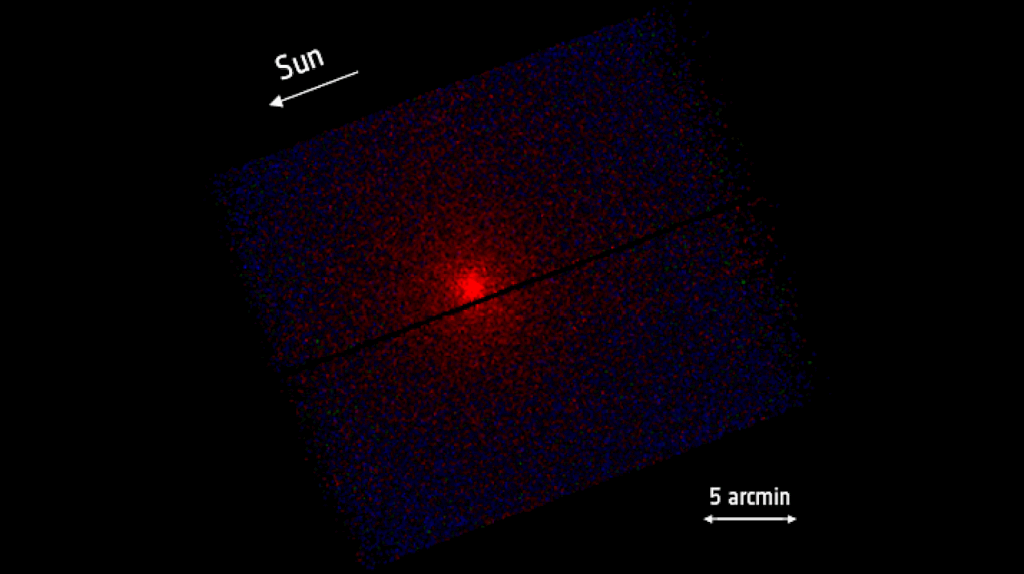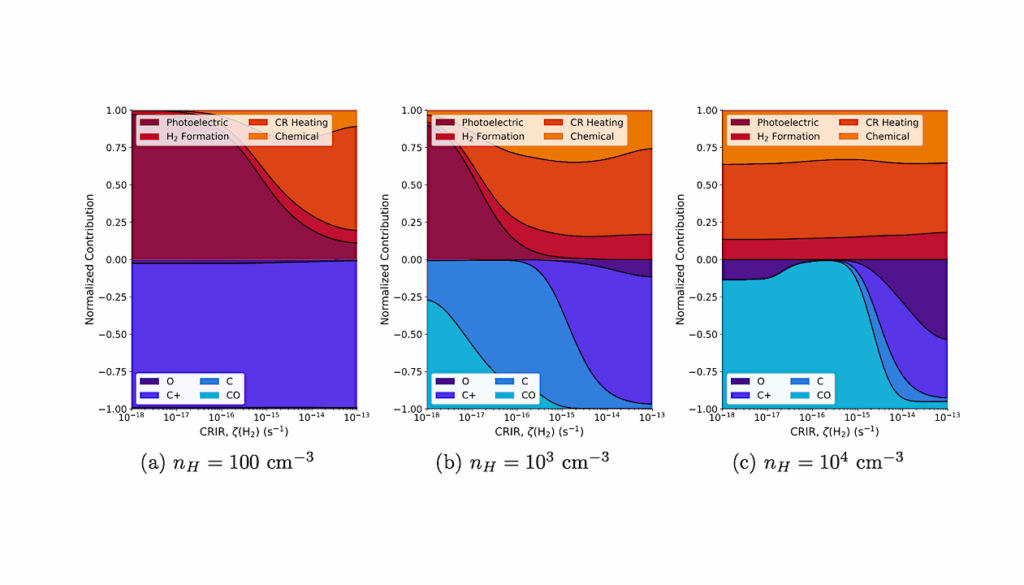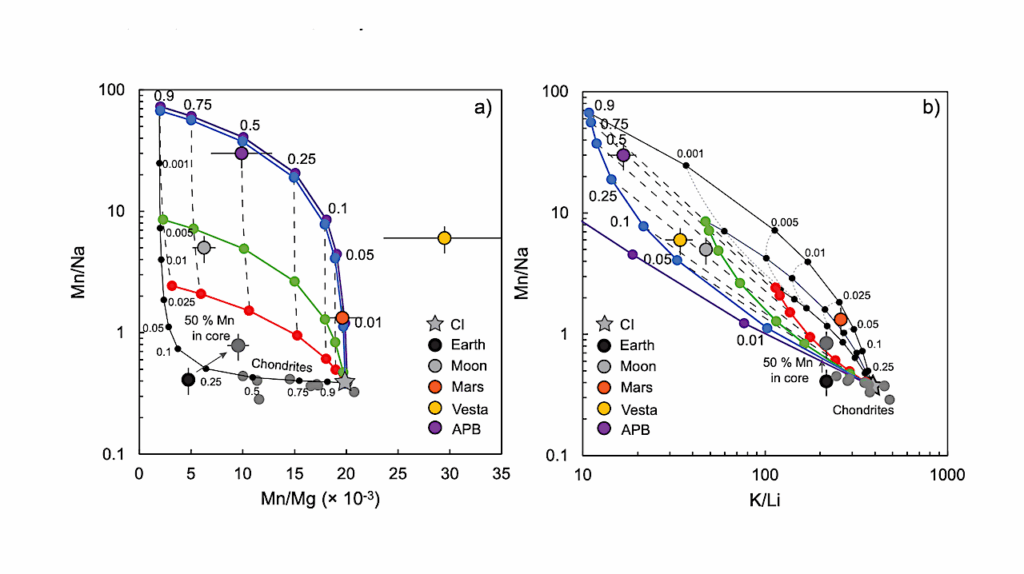Life on Other Planets: Alternative Chemistries of Life

Ideas about directing evolution of life forms on Earth and finding life on other planets are rapidly morphing from science-fiction fantasy into mainstream science, says David Lynn, a chemist at Emory University.
“These areas of science are rapidly coming of age because of our increasing knowledge and advancing technology. It’s an exciting time. We’re on the threshold of answering fundamental questions including: What is life? Are there forms of life that we haven’t even yet imagined? Are we alone in the universe?”
A panel discussion, “Searching for Alternative Chemistries of Life on Earth and Throughout the Universe,” is set for Friday, February 13, at 3 pm, during the annual meeting of the American Association for the Advancement of Science (AAAS) in San Jose. Lynn co-organized the panel with Jay Goodwin, a senior Emory research fellow and an AAAS Science and Technology Policy Fellow.
In 2012, Lynn, Goodwin and four other scholars led the “Workshop on Alternative Chemistries of Life: Empirical Approaches,” supported by the National Science Foundation and the National Aeronautics and Space Administration. They pulled together an international group of nearly 40 scientists working at the boundary of non-living and living systems for the Washington workshop. The group included microbiologists, marine biologists, biochemists, geochemists, synthetic chemists, atmospheric chemists, and virologists. The resulting report, now available online, developed a set of research findings and next steps for exploring the concept of alternative chemistries.
The AAAS panel session will discuss many of the main ideas outlined in the workshop report, and the key question: How do we unravel the complex interplay of planetary, chemical and biological evolutionary networks, and what might we gain from the confluence?
“We’re at a critical point where we need to mobilize resources and bring together different research realms and take a holistic approach to this question,” Lynn says. Such research could have implications for everything from the health of humans to the health of Earth’s ecosystems as the planet undergoes climate change and a sixth mass extinction of life’s diversity, he adds.
Lynn is one of four speakers set for the AAAS panel. He will discuss his own research, which involves a bottom-up approach to exploring how organisms evolved from non-living to living systems.
Caltech geo-biologist Victoria Orphan will discuss taking a top-down approach to studying alternative chemistries of life by tracing the biological diversity back through time to its origins.
Biochemist John Chaput, from Arizona State University, will talk about his work at the interface of research into alternative chemistries of life, where the bottom-up and top-down approaches meet.
Astrophysicist Carolyn Porco, from the Space Science Institute, will discuss efforts underway to answer one of the most beguiling questions facing humankind: Is there life beyond Earth?








